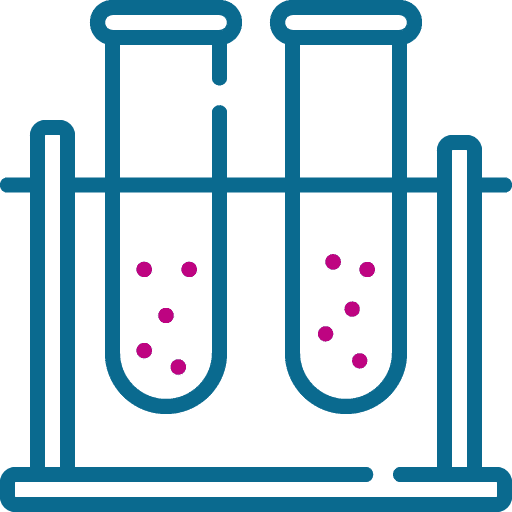Vitamin B12
Vitamin B12 deficiency is associated with weakness, fatigue, mobility problems, joint pain, mouth ulcers, mood swings, impaired vision and memory, and in severe cases, depression.

In the 21st century, we are always in a hurry, rushing around and forgetting to take care of our health and well-being. Lack of time often leads us to sleep too short, eat unbalanced meals and, not infrequently, eat in haste. Without enough vitamins, the body becomes deficient in substances that are essential for our well-being. It is therefore not surprising that many patients are brought to the doctor’s surgery by general weakness and lack of strength. Energy is crucial for functioning well in the hectic pace of life. The above complaints may be due to a deficiency of – vitamin B12 – in the body.
Vitamin B12 is water-soluble and is the most chemically complex of the vitamins.
It consists of an active form that is combined with additional molecules. Once in the body, it activates most of the body’s important proteins. Vitamin B12 is involved in important body processes such as the division of genetic material, protection and regeneration of nerve cells, formation of blood elements, cellular respiration and synthesis of neurotransmitters. However, only the active form of the vitamin can perform these functions. Therefore, it is always preferable to test the active form of vitamin B12.
Vitamin B12 deficiency is associated with weakness, fatigue, mobility problems, joint pain, mouth ulcers, mood swings, impaired vision and memory, and in severe cases, depression. There is a feeling of “needle pricks” or “ants on the run” in the limbs, and anaemia develops, leading to a disruption in oxygen transport in the body. In severe cases, episodes of shortness of breath occur. In some cases, vitamin B12 deficiency is signalled by abnormalities in the complete blood count, as the deficiency is caused by a change in the size of the erythrocyte, the oxygen-carrying element of blood.
Vitamin B12 is mainly found in dairy products, meat, eggs, fish and poultry.
Absorption may be impaired in people with chronic atrophic gastritis, small intestinal pathology due to coeliac disease, Crohn’s disease, infection, autoimmune diseases such as lupus and thyroiditis. Individuals who follow a vegetarian or vegan lifestyle are also at high risk of inadequate levels of vitamin B12. It is therefore particularly important to pay attention to its concentrations in the body and to ensure that it is available through supplementation.
Health is our greatest asset, so testing should not wait until irreparable damage to the body occurs. If you eat irregularly, eat in a hurry, don’t get enough sleep, suffer from fatigue, mobility problems, numbness in your limbs, or have chronic diseases that impair the digestive tract’s ability to absorb micronutrients, vitamins, and minerals, it’s time to get a vitamin B12 test to help you prevent vitamin deficiency-related ailments.
You can consult our family doctors.



